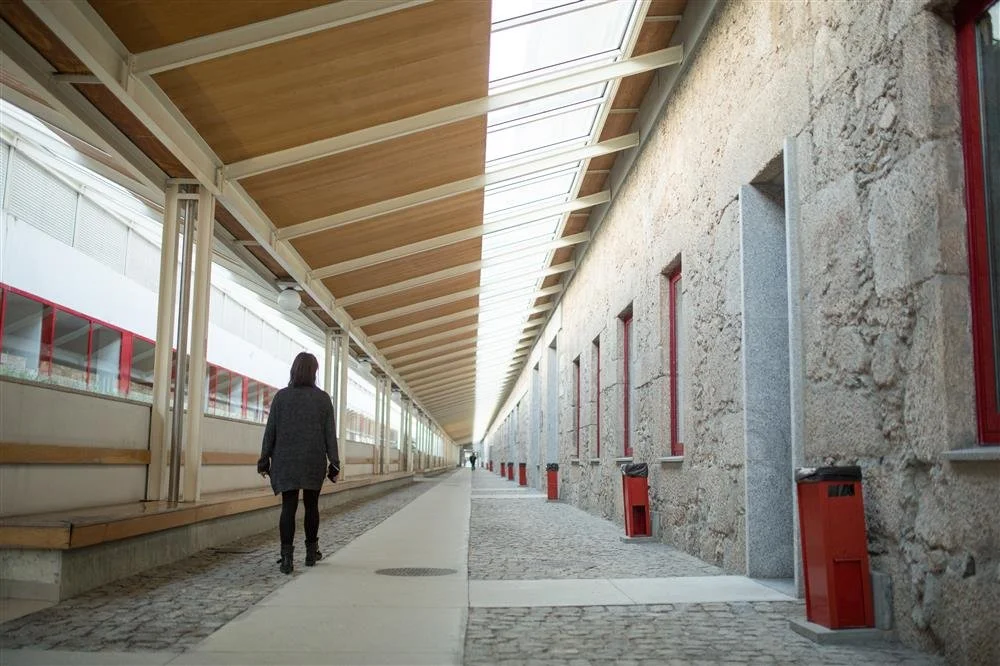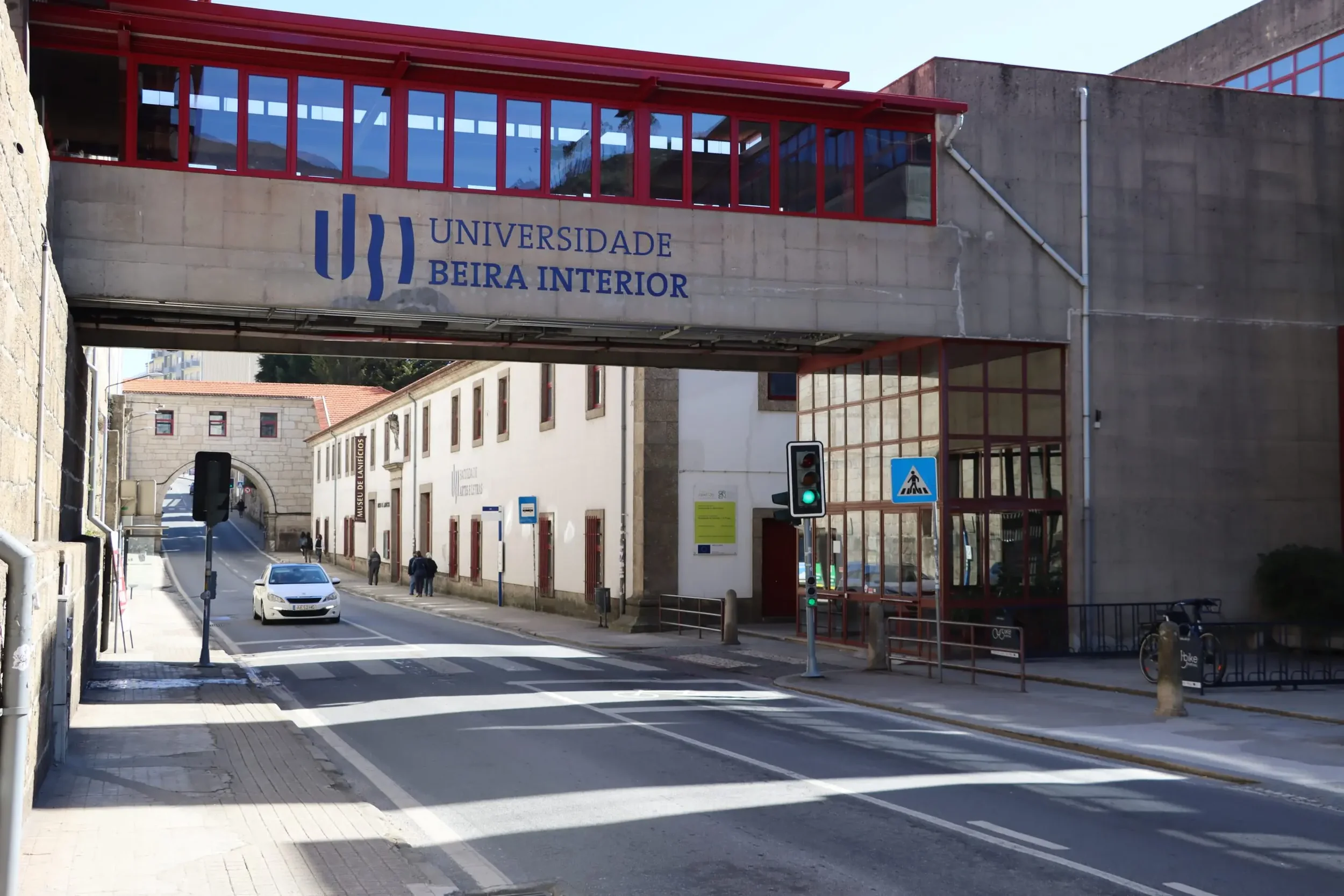Top Universities in Portugal for Research Projects
Introduction
Portugal’s universities have emerged as dynamic hubs for global research and innovation. Ideal for R&D Visa applicants, these institutions offer fertile ground for cutting-edge academic and professional development. Below, we explore three key institutions—Politécnico da Guarda, Politécnico de Santarém, and Universidade da Beira Interior—highlighting their specialties, what makes them attractive partners in research, and how they fit into the broader landscape of emerging fields and funding opportunities.
Specializations
While online information on specific research areas at Politécnico da Guarda is limited, polytechnic institutions like this typically focus on applied research aligned with regional needs—such as agriculture, engineering, and technology. These schools often foster community-based innovation and practical research that directly benefits local industries.
Why Choose It
Regional Focus & Community Impact: Polytechnics often prioritize applied research that benefits their local region, making them excellent for projects with tangible societal outcomes.
Close Collaboration: Smaller scale means closer ties with faculty, strong mentorship, and flexibility in tailoring research to your interests.
Accessibility: Ideal for researchers seeking supportive academic environments with lower competition and more personalized engagement.
Specializations
Politécnico de Santarém is a public polytechnic institution encompassing five schools: Agriculture & Food Science, Education & Multimedia, Management & Technology, Health & Nursing, and Sports & Physical Activity. It hosts research centers like the Life Quality Research Centre (CIEQV) and CERNAS, which conducts studies in natural resources, environment, and society. Additionally, the campus houses a Research Hub focused on Digital Literacy and Inclusion.
Why Choose It
Diverse Research Centers: With units like CIEQV, CERNAS, and a digital inclusion hub, it offers opportunities across environment, social sciences, technology, and education.
Interdisciplinary Collaboration: Ideal for projects at the nexus of tech, inclusion, and social impact.
Strong External Links: Supported by programs like Portugal 2020 and Erasmus+, giving access to international funding and networks.
Specializations
UBI stands as a comprehensive public university offering programs across fields—from medicine and biomedical sciences to engineering, design, economics, and humanities. Its robust research ecosystem includes 18 research units under UBInnovative, which supports funding, commercialization, and I&D (Innovation & Development) strategies. Noteworthy research groups include CICS‑UBI (health sciences) covering areas such as biopharmaceuticals, drug discovery, metabolism, microbial research, neurology, and respiratory and allergic diseases. UBI is also internationally recognized in fields like Economics & Management, Electrical Engineering, Materials Science, Biology & Biochemistry. UBI participates in European projects like RESTLESS, which promotes entrepreneurial, digital, and green skills among STEM and business students.
Why Choose It
Comprehensive R&D Capability: Covers everything from fundamental sciences to applied health and engineering.
Innovation Ecosystem: Dedicated offices for innovation and commercialization smooth the path from research to real‑world impact.
High Recognition: Ranked nationally in key scientific fields and offering access to EU projects and consortia like UNITA.
Emerging Research Fields in Portugal
Across Portuguese academia, several high-growth domains stand out:
Artificial Intelligence (AI): UBI has launched a degree in AI and Data Science and engages in related research and tech innovation.
Biotechnology & Biomedicine: With research hubs like CICS‑UBI (health sciences) and strong rankings in Biochemistry and Biology.
Sustainability & Environment: Centers like CERNAS (natural resources and environment) and research aligned with UN sustainability priorities highlight Portugal’s commitment to this area.
Digital Inclusion & Education Technology: IPSantarém’s digital literacy hub emphasizes inclusion and labor market.
Choosing the Right Research Institution
Consider these factors when selecting your R&D partnership:
Alignment with Your Expertise
UBI for high-level science, engineering, or interdisciplinary research.
Santarém for applied, socially impactful, or tech‑inclusion research.
Guarda for regional, hands‑on research projects.
Scale & Resources
UBI offers scale, infrastructure, funding, and access to international networks.
Santarém strikes a balance between community engagement and academic rigor.
Guarda provides personalized mentoring in a less crowded environment.
Innovation & Funding Support
UBInnovative at UBI provides grants, legal, and commercialization support.
Institutions connected to programs like Portugal 2020 and Erasmus+ (Santarém) offer broader funding opportunities.
Small polytechnics may require more initiative but can benefit from local partnerships.
Collaboration Potential
UBI’s urban campus and business consortia provide rich industrial links.
Santarém has strong ties to schools and local development initiatives.
Guarda facilitates regional cooperation with accessible proximity.
Conclusion
For R&D Visa candidates, Portugal’s academic landscape offers rich and diverse options.
Portugal’s strengths in AI, biotechnology, sustainability, and social innovation, combined with supportive funding programs and a thriving startup scene, make it ideal for talented researchers seeking residency and meaningful impact.
Contact us at Get Ready Portugal—we’ll match you with the institution that best fits your goals, support your visa process from start to finish, and guide you into a fruitful academic future in Portugal.




